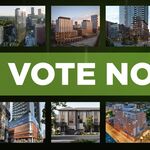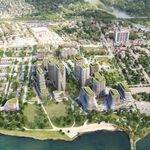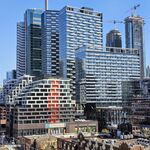Jonny5
Senior Member
The idea that Avenue Road was so named because of a road builder from somewhere in the UK saying 'Let's 'ave a new road here'. Beyond stupid. There are about ten of them in London alone, and it relates to the original meaning of avenue being a tree-lined roadway.
Was it not originally called "The Avenue" too?




